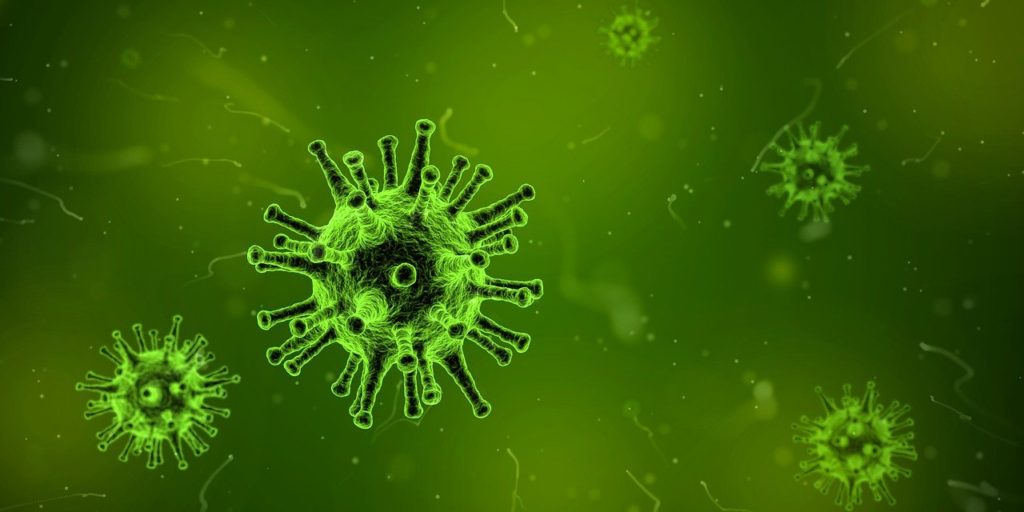
The worldwide crisis triggered by the coronavirus pandemic has no parallel in modern history. It’s plunging our world in its entirety and each one of us individually into the most challenging times we’ve faced in generations. We will be dealing with its fallout for years, and many things will change forever. It is bringing economic and social disruption of monumental proportions. This exposé on COVID-19 a Christian perspective will hopefully bring light and a deeper understanding on a very controversial issue amongst Christians.
At first glance, it seems that the pandemic may have brought people together. Everywhere, simple acts of kindness, generosity and altruism that appear to becoming the norm. In terms of what we value, the notion of cooperation, communitarian ideas, the self-interest for the common good and caring came to the fore. Might the pandemic give birth to better selves and to a better world? Will it be followed by a shift of values? Will we become more willing to nurture our human bonds and more intentional about maintaining our social connections? Simply put: will we become more caring and compassionate?
If history is any guide, natural disasters, like hurricanes and earthquakes, bring people together. While pandemics do the opposite: they drive people apart. The reason could be the following: confronted with a sudden, violent and often brief natural disaster, populations bond together and tend to recover relatively fast. By contrast, pandemics are longer-lasting, prolonged events that often elicit ongoing feeling of distrust (vis-à-vis others) rooted in the primal fear of dying. Psychologically, the most important consequence of the pandemic is to generate a phenomenal amount of uncertainty that often becomes a source of angst.
As human beings, we crave certainty, hence the need for “cognitive closure.” Anything that can help erase the uncertainty and ambiguity that paralyze our ability to function “normally.” In the context of a pandemic, the risks are complex, difficult to grasp and largely unknown. Thus confronted, we are more likely to retrench rather than look to the needs of others as tends to happen with a sudden natural (or not) disasters (and in fact, contrary to the prevailing first impressions conveyed by the media).
Existential Crisis
- Humans are inherently social beings. Companionship and social interactions are a vital component of our humanness. If deprived of them, we find our lives turned upside down.
- Social relations are, to a significant extent, obliterated by confinement measures and physical distancing and in the case of COVID-19 lockdowns. This occurred at a time of heightened anxiety when we needed them the most.
- Rituals that are inherent to our human condition – handshaking, hugs, kisses and many others – were suppressed. Loneliness and isolation resulted.
Existential crises like the pandemic confront us with our own fears and anxieties and afford great opportunities for introspection. This pandemic, like most transformative events, has the ability to bring out the best and the worst in us. Angels or demons: The choice is ours! They force us to ask the questions that truly matter and can also make us more creative in our response. History shows us that new forms of individual and collective organizations often emerge after economic and social depression.
Many individuals have made selfish decisions as their ultimate choice. Thankfully, there are always exceptions, as we are seeing most poignantly during COVID-19. The multiple examples of nurses, doctors and health care workers whose multiple acts of compassion and courage on so many occasions went well beyond the call of their professional duty. Front line workers as well as a multitude of individuals stepped up when there was a need. COVID-19 from a Christian perspective have seen that the human family can rise up to the challenge and manifest the characteristics of Angels during a season of darkness and despair.

